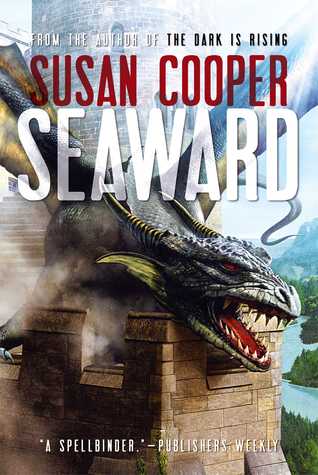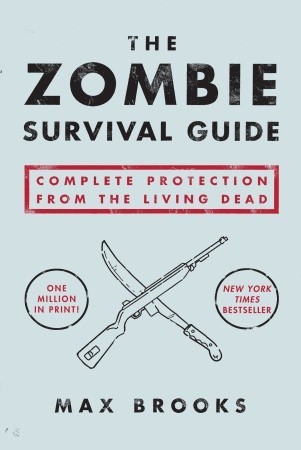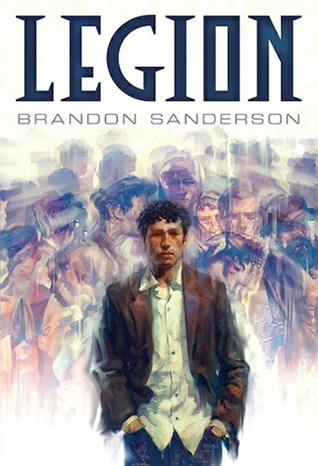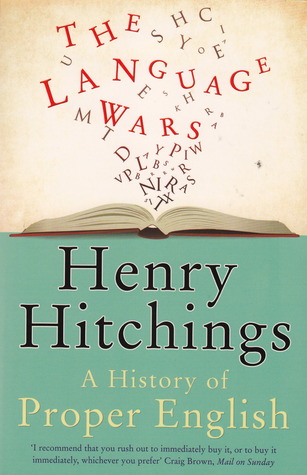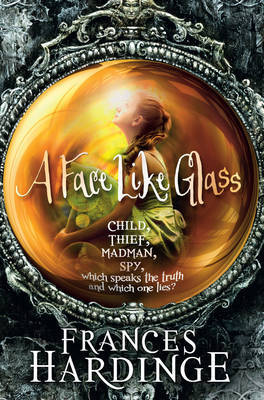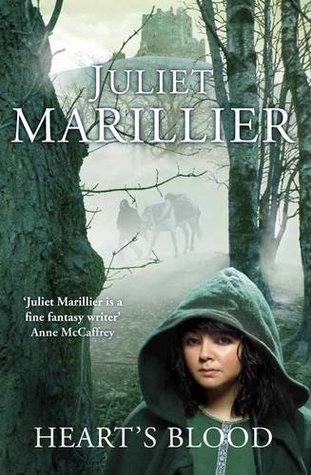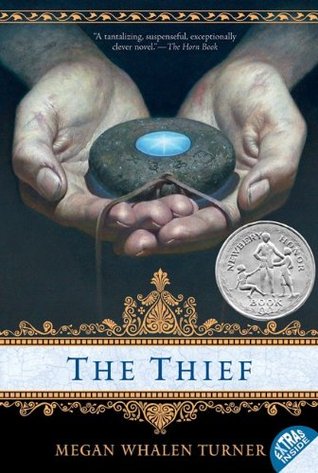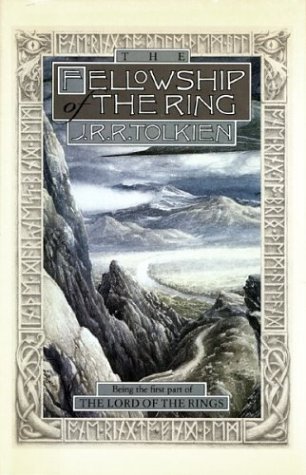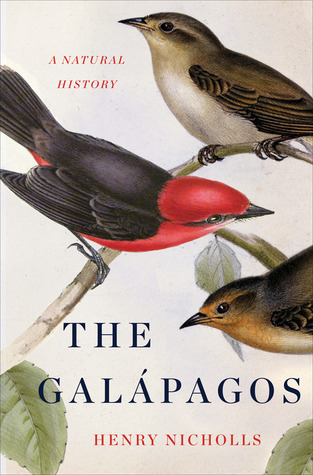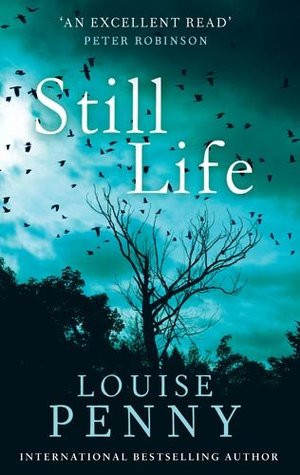I’ve been meaning to reread this one for a while. It was lovely to go back to it. It’s a bit more mature than The Dark is Rising, I think; certainly, there’s a physicality between Cally and West that isn’t even hinted at in The Dark is Rising. The first time I read it I said that this book ends perfectly, “neither too early nor too late”, and I still feel that way. It’s enough to have the promise of Cally and West’s future, at the end of the book; I don’t need to read about it, and that would take away from the bittersweetness of the story.
I didn’t like this as much as the first time I read it, I think; I still enjoyed it, found it interesting, loved the creativity, but this time I was asking more questions, picking more holes. Why was this element taken from Welsh legends, and not that? When is it set — it feels unrooted, which might make for universality, but it makes it hard to imagine how Cally and West will find each other again, how to read their absence, their changes — and where do Cally and West come from?
It’s beautifully written, though, and full of lovely things: gorgeous passages, enchanting creatures (Peth!), mysteries and metaphors. I do still love it, and I also appreciate that unlike The Dark is Rising, it’s a personal journey, not an all-out fight against absolute evil. The absolutism of the Dark and the Light in those books is completely absent here, with the dichotomy drawn between Life and Death instead, and with both wearing kindly faces and less kind. It’s a journey for Cally and West, one in which they’re frightened, have enemies and allies, but it isn’t moving toward some apocalyptic endpoint, some make-it-or-break-it scene where a few decide the futures of the many.
I’m not sure the new cover does the book any favours, in that sense; the traditional fantasy elements here are the least important.
Rating: 4/5
